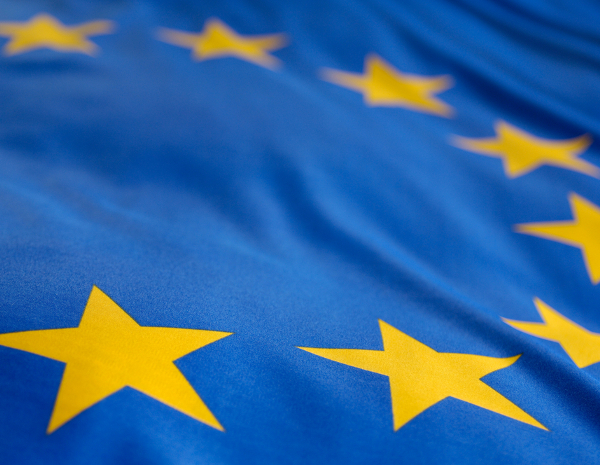'Troll' warning as EU gets unitary patent scheme, after decades of failure

The European Parliament has approved the rules for a new EU-wide patent system, which is intended to drastically reduce the cost of getting a patent that applies across the union.

However, anti-software-patent campaigners say the scheme's approval will make it easier for patent trolls to bring their activities to Europe.
It has taken more than 30 years to get to this point, with the most recent major block being that of language. The successful proposal entails the submission of patents to the European Patent Office (EPO) in English, French or German — Spain and Italy objected to their languages not being given equivalent weight, so they pulled out of the scheme last year, effectively allowing it to finally go ahead for everyone else.
The unitary patent scheme, expected to come into force at the start of 2014, will see the cost of getting an EU-wide patent fall by up to 80 percent. At the moment, firms need to get their patents approved in each EU country for protection to apply there. This is extremely expensive, not least because of translation costs.
"The figures speak for themselves," internal market commissioner Michel Barnier said in a statement. "In the United States, in 2011, 224,000 patents were granted, in China 172,000 while here in Europe only 62,000 European patents were delivered. One of the reasons for this difference is without a doubt the prohibitive cost and the complexity of obtaining patent protection throughout the single market."
A Unified Patent Court (UPC), for hearing disputes over both existing patents and future unitary patents, will be central to the new regime. Crucially, this will do away with the need for parallel litigation in national courts.
The UPC will be headquartered in Paris, with 'specialised clusters' in London and Munich.
Software patents
The Free Software Foundation Europe (FSFE), which has long campaigned against software patents being allowed across Europe (they are, but to a limited extent and depending on the country), said the approved system was "both deeply flawed and prone to overreach".
"We are disappointed that so many MEPs were prepared to throw Europe's researchers and innovators under the bus just to achieve a deal, any deal," FSFE chief Karsten Gerloff said in a statement. "It is natural that after nearly four decades of discussions on a single patent system for Europe, most of those involved simply want the debate to end. But we would have expected more of our elected representatives."
According to the FSFE, the European Parliament was wrong to give the EPO more power, due to its relatively relaxed policy on software patents. By way of comparison, the UK only allows software patents if they solve a particular problem, while the EPO grants patents covering entire programs — or, as it calls them, 'computer-implemented inventions'.
The US is even more permissive when it comes to software patents, which is why it has seen epic battles such as the one between Apple and Samsung over fairly abstract software features.
"The European Patent Office will have much greater leeway to continue its practice of granting patents on software," the FSFE said. "This will harm competition and innovation, and create unnecessary risks for businesses and software developers. It is also likely that the adopted text will lead to more intense patent litigation in Europe, including by patent trolls."